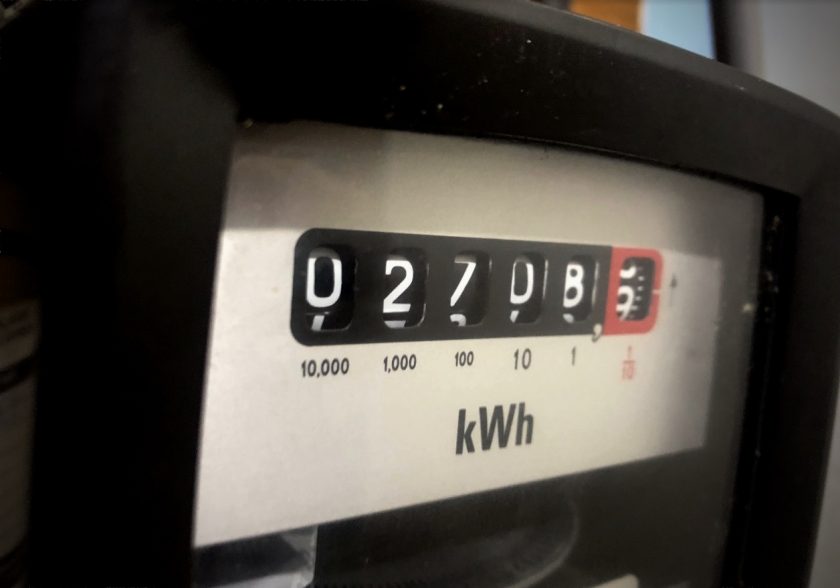Scheme launched offering discounts on energy bills to households who use less electricity

A new scheme has officially been launched that will pay people to use less electricity in their homes as part of efforts by to prevent power blackouts this winter.
It is estimated that a typical household could save up to £100 off their bills during 12 demonstration tests, that does however depend on how much energy they save their energy company.
The UK’s electricity system operator National Grid is testing the idea, called “Demand Flexibility Service” (DFS) at scale for the first time, earlier this year a trial with Octopus Energy, where “we successfully proved the proof of concept for a demand flexibility service.”
If you have a smart meter and your energy supplier is participating you’ll be able to sign up for the service with them.
There are currently 14 million households in Wales, England and Scotland and Wales have a smart electricity meter installed.
Demonstration tests will run for one hour, “however live events could run for a longer period.” National Grid said.
Customers taking part will be contacted the day before one of the test days, and they will be asked to reduce their peak-time electricity use during a one-hour period which is likely to be between 4pm and 7pm.
National Grid said it will pay energy suppliers £3 for every kilowatt-hour during the test periods meaning that a typical household could save approximately £100 across the maximum 12 demonstration tests.
Households could reduce their power consumption during demonstration tests or live events by choosing to run power-hungry appliances such as washing machines, clothes dryers, dishwashers, electric showers and immersion heaters before or after the ‘event’.
Another option would be to reduce energy usage by using a microwave or air fryer instead of the oven during the event window.
Efficient lightbulbs and small appliances such as modern televisions consume very little electricity and so it is unlikely to be worth adapting usage of these during an ‘event’.
Using electrical goods overnight can create an increased risk of an ‘incident’, National Grid “advise all consumers to follow the guidance offered by organisation such as Electrical Safety First and were possible to avoid using their electrical appliances overnight.”
National Grid said the aim of the scheme is to create “more flexibility on our electricity system is vital for running a clean, green and fair system of the future.”
“DFS is a real breakthrough and gives consumers a direct opportunity to participate in flexibility services, with potentially millions of homes participating. It could accelerate flexible energy use by many years and will be watched with much interest by other countries.”
The electricity system operator said:“In terms of what it means for our electricity system, if we can reduce demand by rewarding participating customers to turn down when we need them to, it means we might not have to bring on expensive and polluting fossil fuel generators.”
“This saves carbon and also saves all consumers money. And in times of system stress, when margins are tight, it could also help us avoid an emergency response.”
Ofgem granted approval to the Demand Flexibility Service today, November 4, electricity suppliers and providers can now formally join the service by signing their commercial contracts.
In the coming days the National Grid will look to run the first demonstration events for this service, with those providers that have ensured they are ready and able to participate from the first day of this service.
The scheme will run until 31 March 2023.
Fintan Slye, Executive Director of the National Grid ESO, said:
“We are delighted that Ofgem have approved the use of our Demand Flexibility Service this winter. It will help mitigate the potential risks that the ESO has outlined in its Winter Outlook and will allow consumers to see a financial return for reducing their electricity use at peak times.”
“As a responsible operator of the electricity system we have developed this innovative Demand Flexibility Service to compliment the robust set of tools we already use to balance the electricity system every day.”
Spotted something? Got a story? Send a Facebook Message | A direct message on Twitter | Email: News@Deeside.comLatest News









